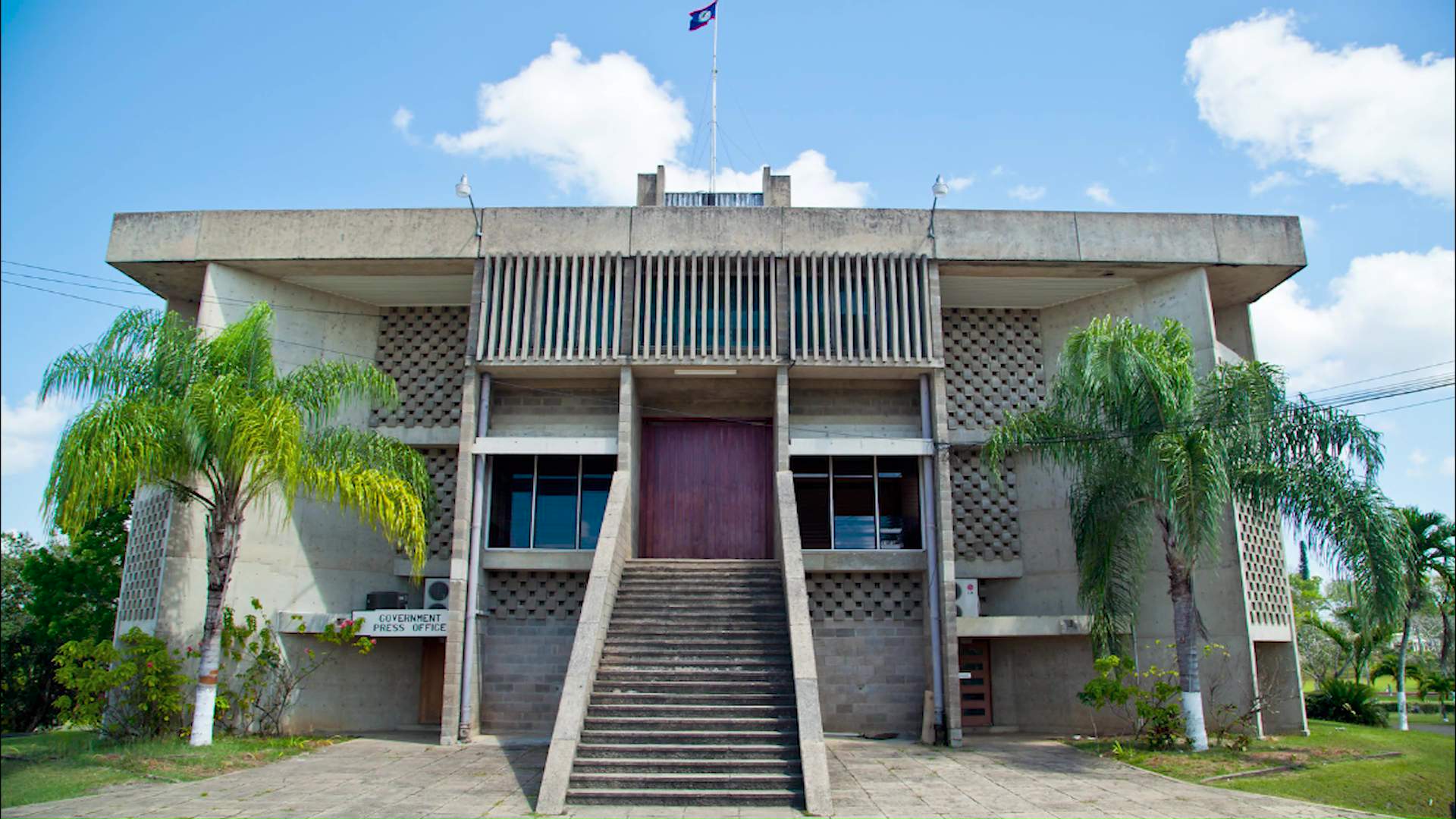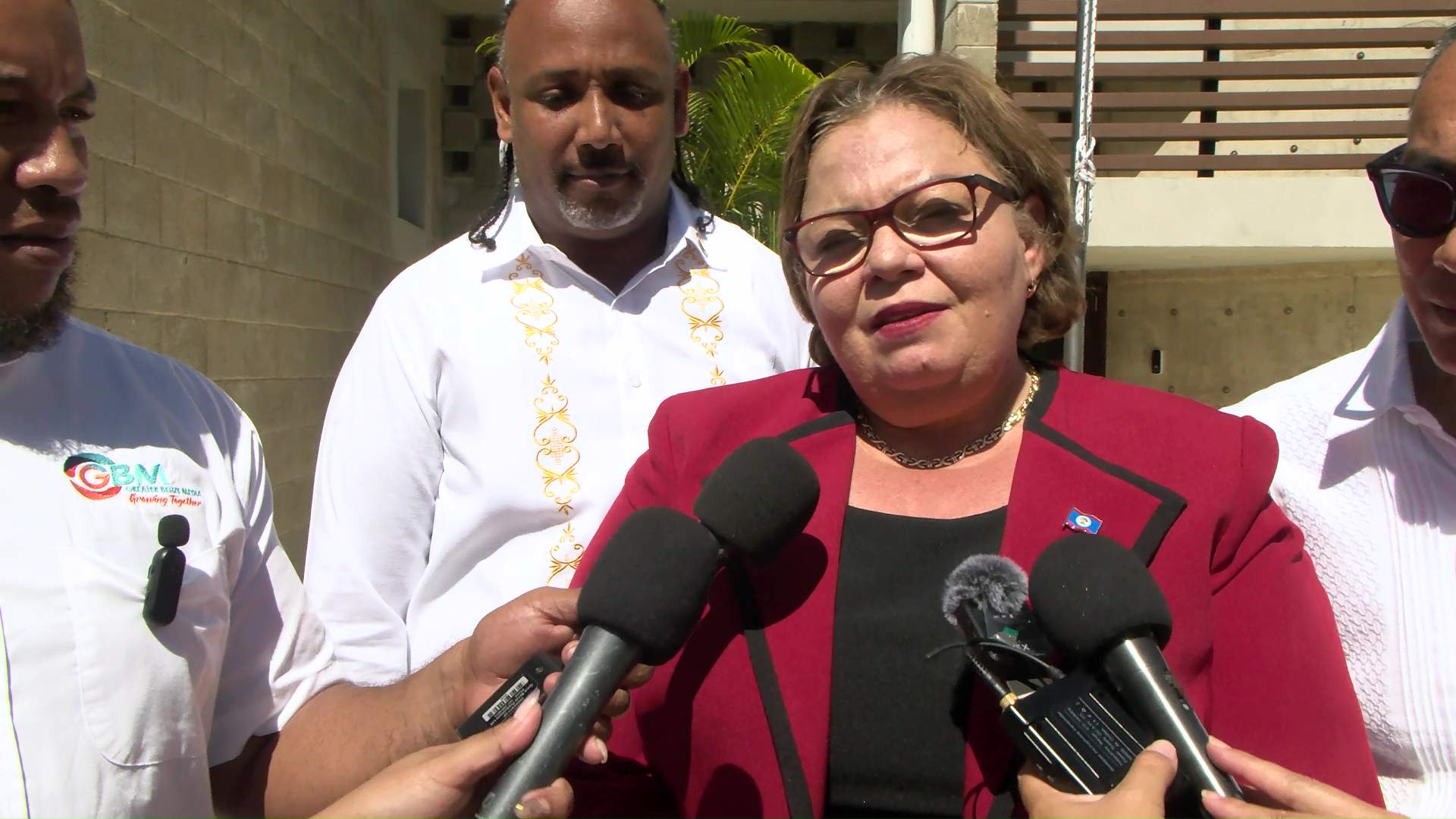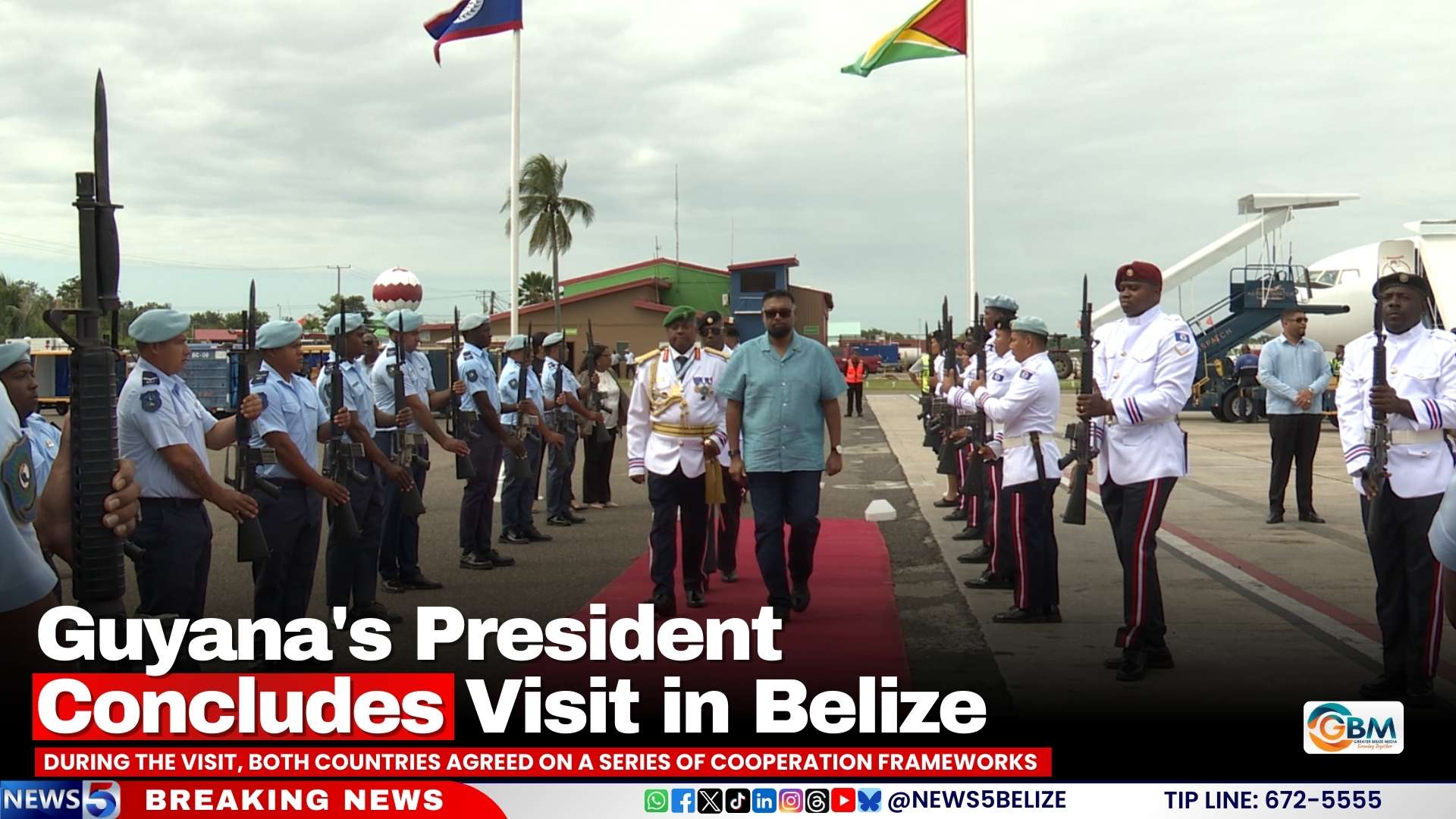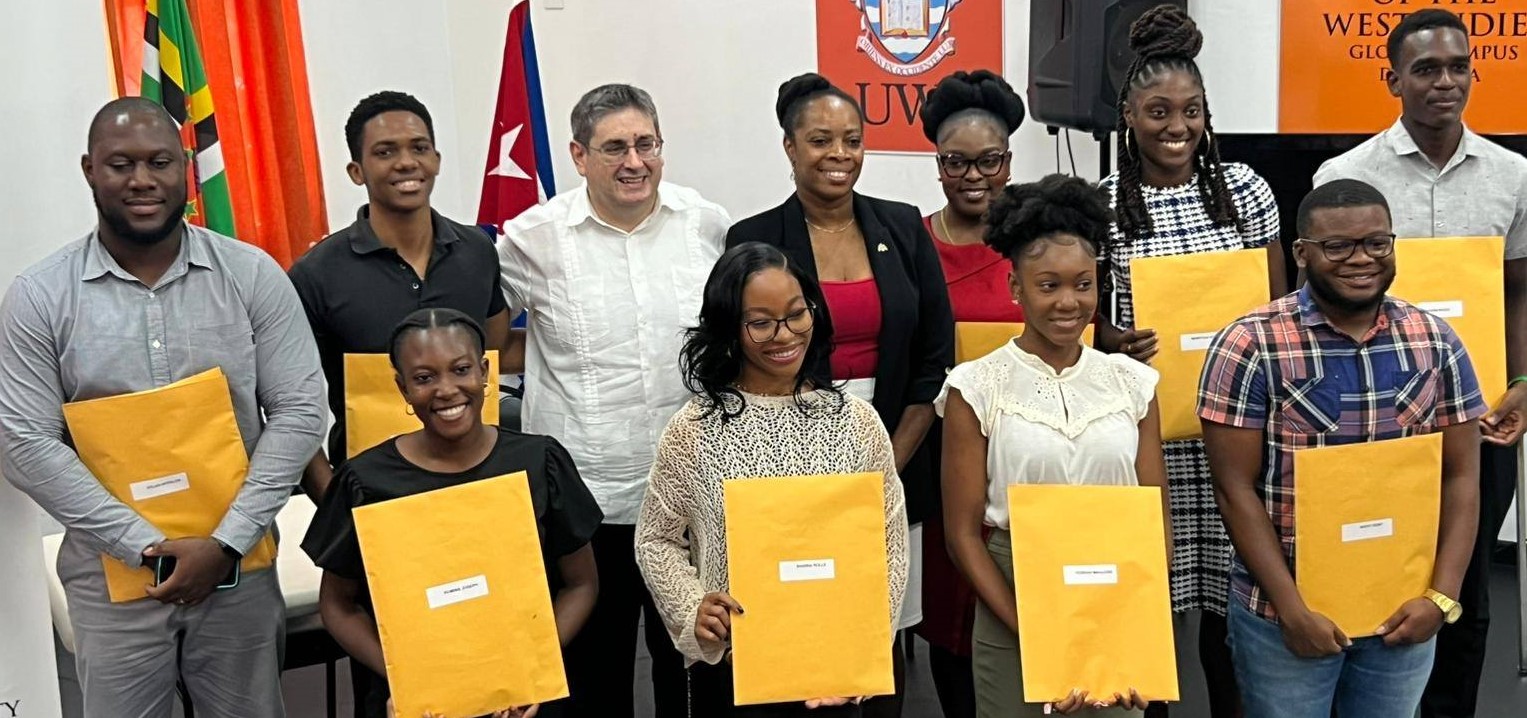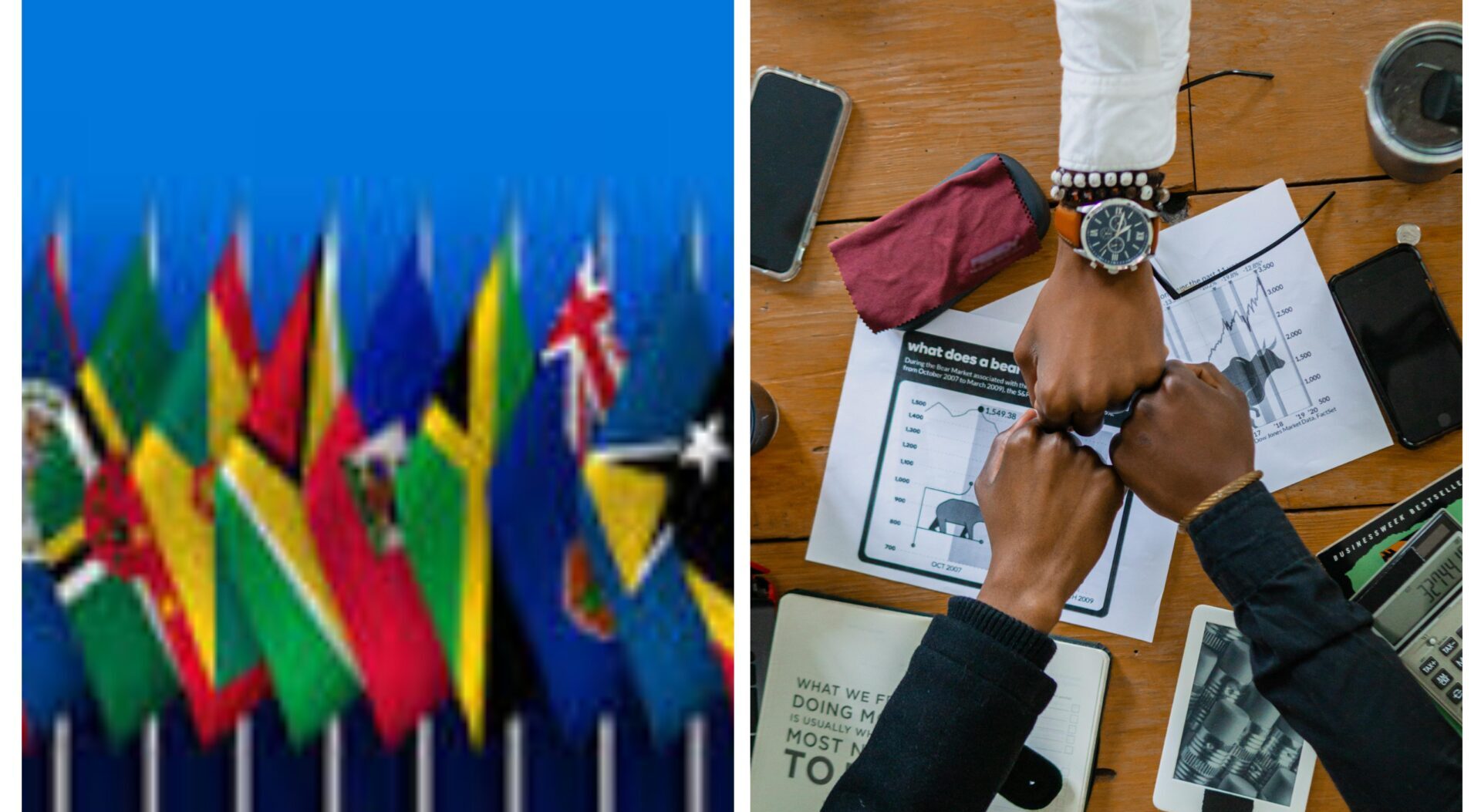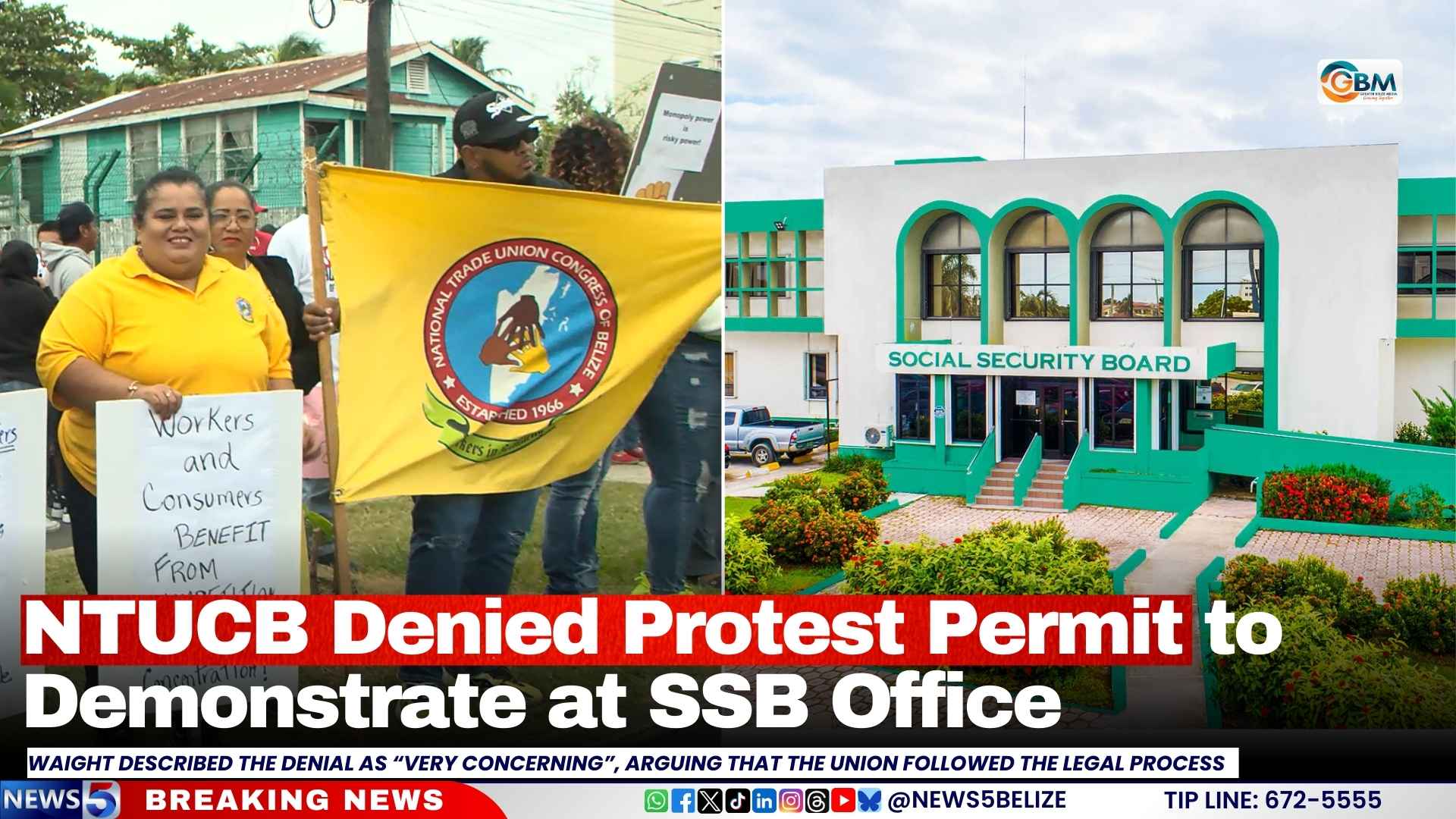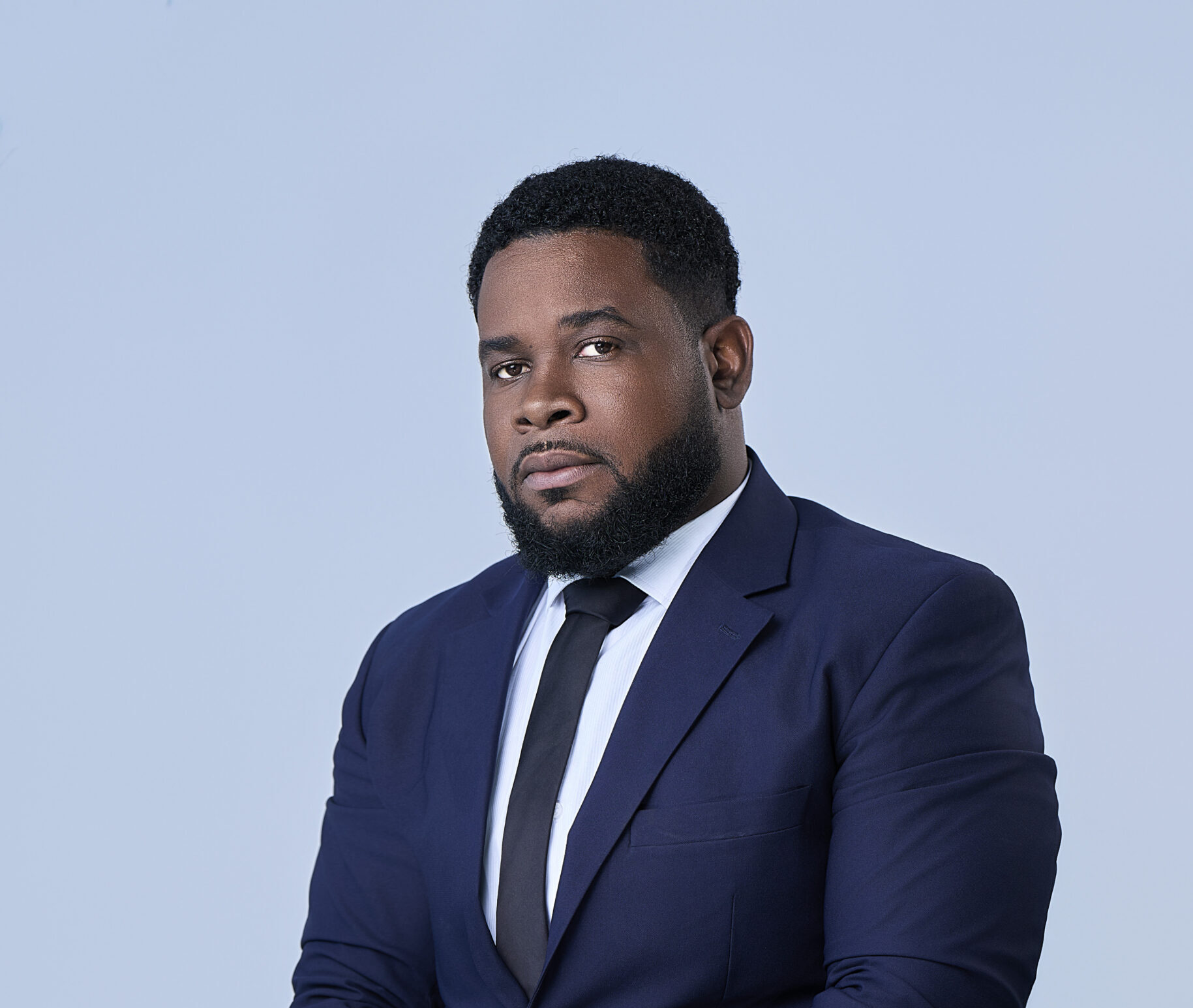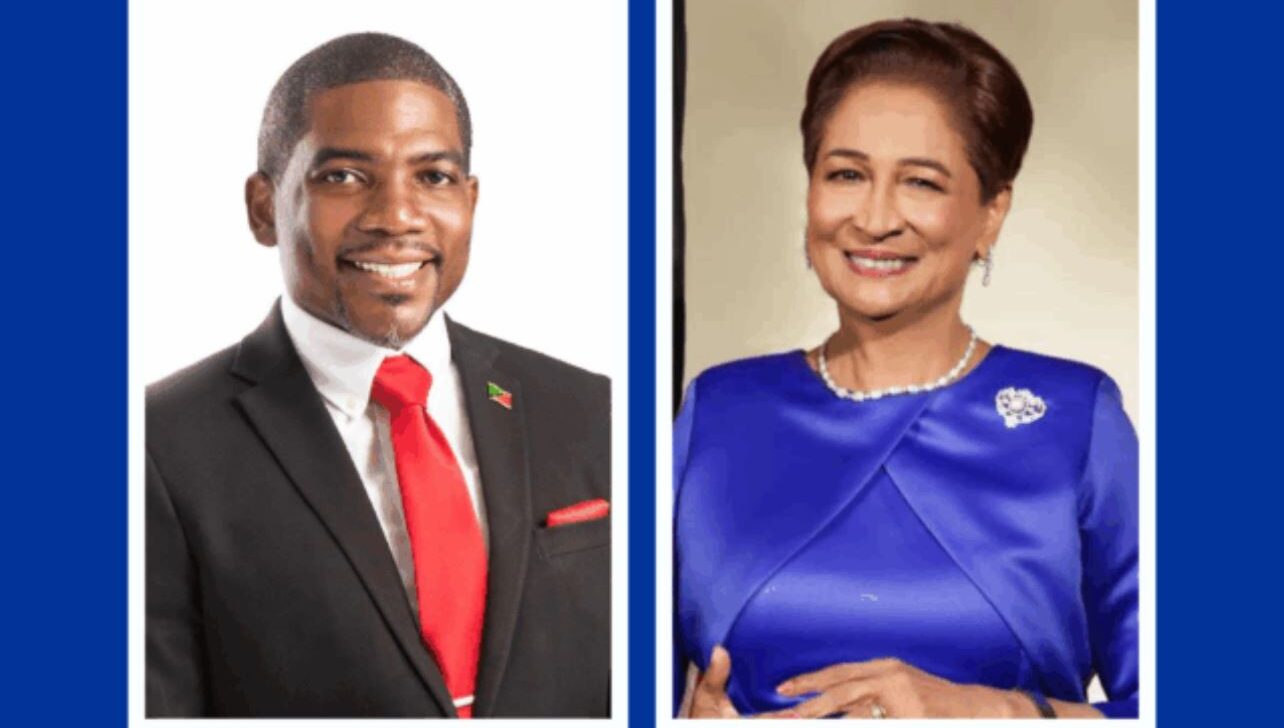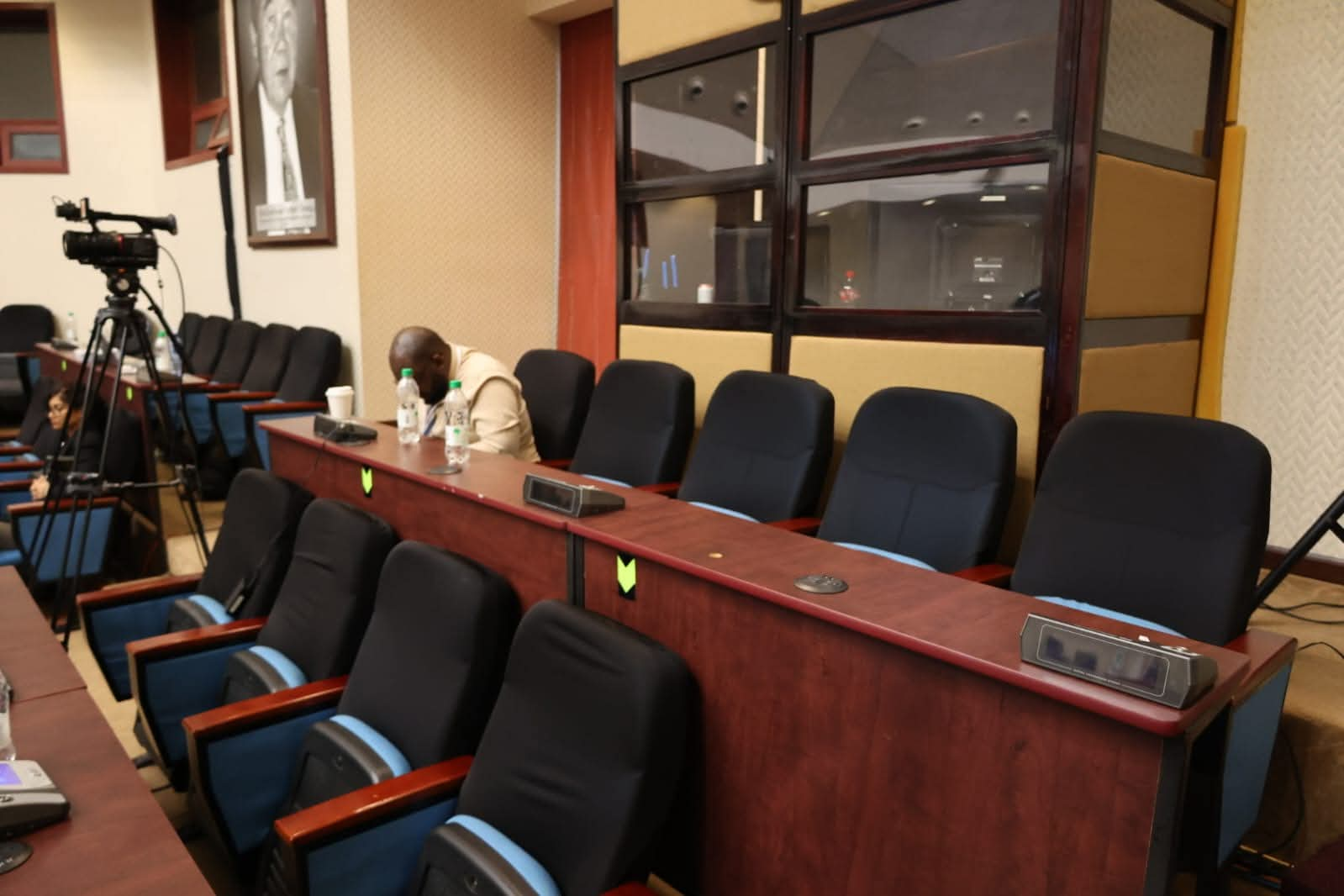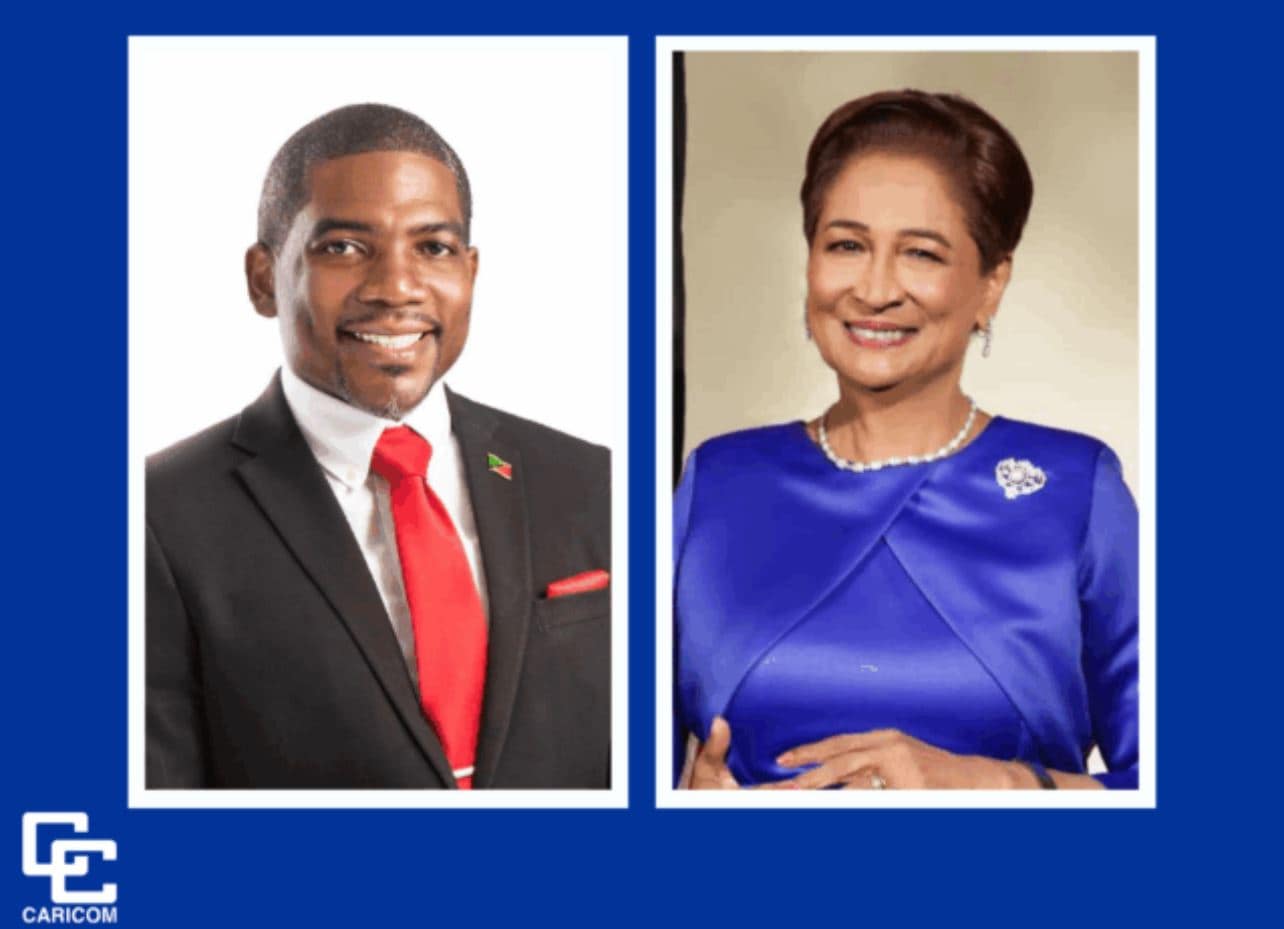Belmopan’s National Assembly Building has emerged from its most comprehensive renovation in fifty years, marking a significant milestone in Belize’s governmental infrastructure. The transformative $5.8 million project, funded through a strategic partnership between Taiwan and the Belizean government, has successfully merged contemporary functionality with the building’s distinctive architectural heritage.
The extensive modernization effort addressed longstanding accessibility and efficiency concerns throughout the three-story structure. A newly installed elevator now provides universal access, while reconfigured first-floor spaces consolidate key operations including the offices of the Speaker of the House and Senate President. The building’s workflow has been radically improved with updated filing systems and optimized workspaces for parliamentary staff.
Within the main chamber, legislators now benefit from ergonomic seating replacing outdated wooden chairs, enhanced lighting systems, and a refreshed layout designed to accommodate extended parliamentary sessions. Adjacent members’ rooms for Government, Opposition, and Independent Senators feature new furnishings complemented by artwork from Belize’s national collection.
The renovation extended to public and press areas, with the third-floor gallery receiving improved seating configurations and wheelchair accessibility. Media representatives now enjoy dedicated workspace, eliminating previous conditions that forced journalists to work from cramped corners or tile floors.
Taiwan contributed $1.5 million through a grant mechanism, with the Belizean government investing the remaining $4.2 million to complete the comprehensive modernization while preserving the building’s historical character. The project faced scrutiny regarding its budgetary allocation, though officials maintain the investment was necessary to bring critical parliamentary infrastructure into the modern era while maintaining the building’s structural identity.
The upgraded facility officially commenced operations during Monday’s joint sitting, representing both a practical enhancement to democratic functions and a preservation of national heritage for future generations.
